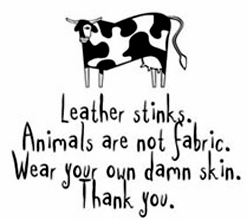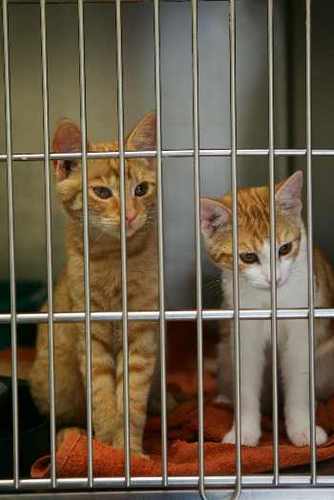There is no doubt that the best test species for humans are humans. It is not possible to extrapolate animal data directly to humans due to interspecies variation in anatomy, physiology and biochemistry.
Advancing in science is important. It is what helps us understand the world in which we live, and is especially important for medical research. However, some believe the myth that, in order to effectively continue our research, we must experiment on animals. This is not the case at all and, in fact, can give us inconclusive results. Here are just a few of the alternatives that are not only cruelty-free, but many of these produce more accurate results:
-In vitro (test tube) test methods and models based on human cell and tissue cultures
-Computerized patient-drug databases and virtual drug trials
-Computer models and simulations
-Stem cell and genetic testing methods
-Non-invasive imaging techniques such as MRIs and CT Scans
-Microdosing (in which humans are given very low quantities of a drug to test the effects on the body on the cellular level, without affecting the whole body system)
Animal testing is inaccurate when trying to gather information on human medicine. If you want to discover a cure for cancer that works on humans, there's not much point in relying on experiments using a completely different species. Animal testing is also generally more expensive. Cruelty-free alternatives are additionally more environmentally friendly and less likely to be hazardous.
Source: www.neavs.org
Advancing in science is important. It is what helps us understand the world in which we live, and is especially important for medical research. However, some believe the myth that, in order to effectively continue our research, we must experiment on animals. This is not the case at all and, in fact, can give us inconclusive results. Here are just a few of the alternatives that are not only cruelty-free, but many of these produce more accurate results:
-In vitro (test tube) test methods and models based on human cell and tissue cultures
-Computerized patient-drug databases and virtual drug trials
-Computer models and simulations
-Stem cell and genetic testing methods
-Non-invasive imaging techniques such as MRIs and CT Scans
-Microdosing (in which humans are given very low quantities of a drug to test the effects on the body on the cellular level, without affecting the whole body system)
Animal testing is inaccurate when trying to gather information on human medicine. If you want to discover a cure for cancer that works on humans, there's not much point in relying on experiments using a completely different species. Animal testing is also generally more expensive. Cruelty-free alternatives are additionally more environmentally friendly and less likely to be hazardous.
Source: www.neavs.org





















